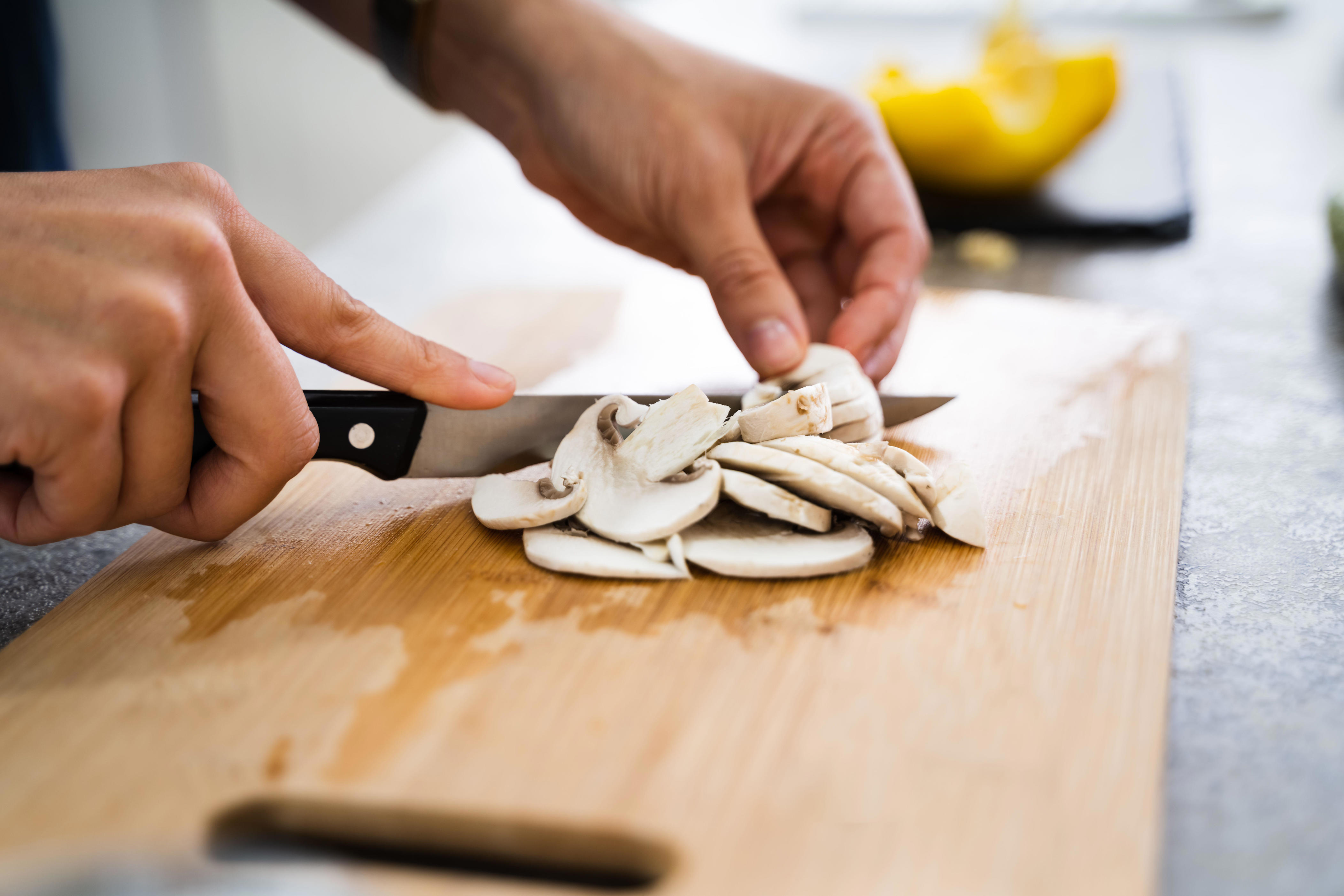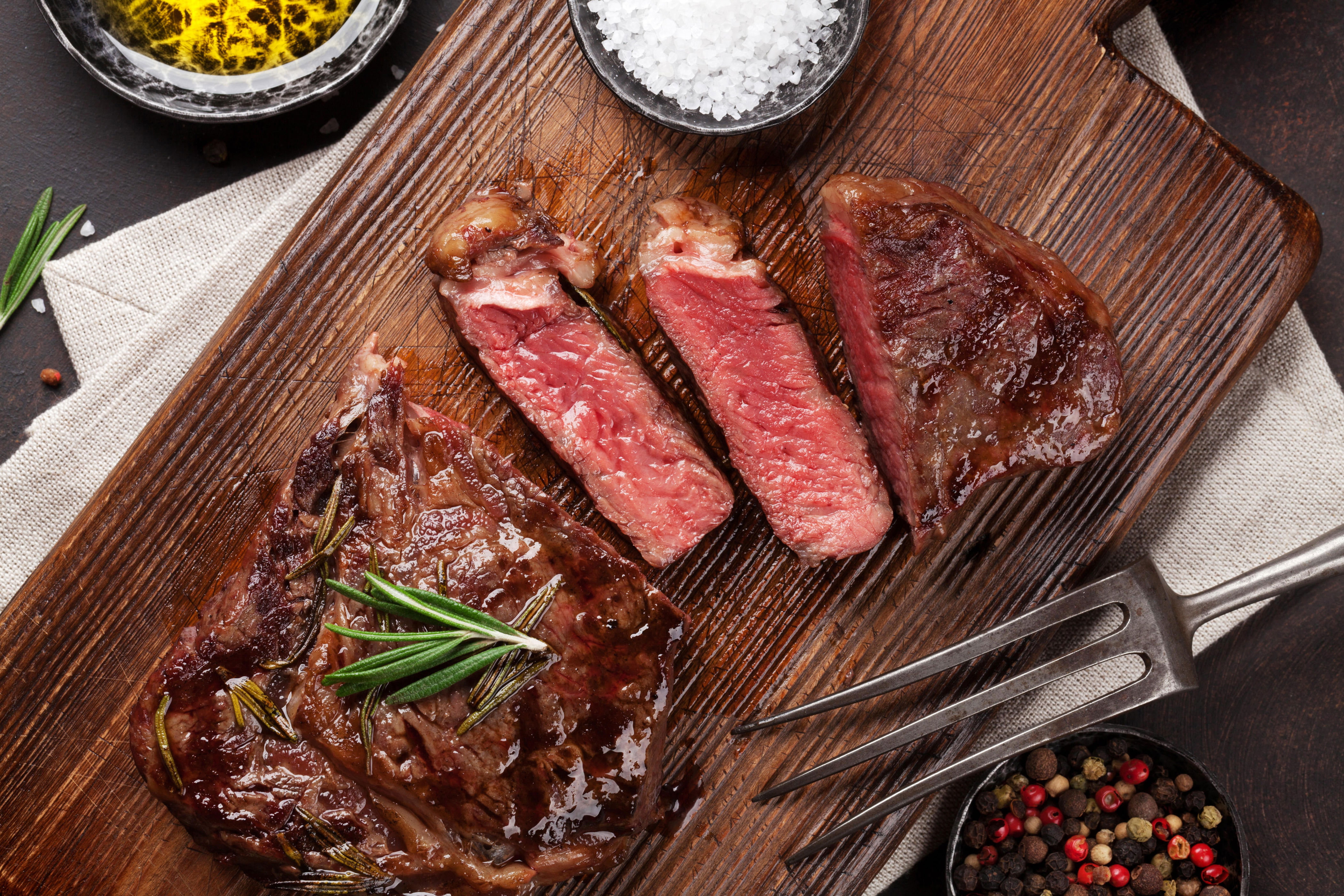The best way to get vitamin D in your diet, according to experts
I am receiving responses to my queries.
The new research suggests that a supplement taken by expectant mothers led to their babies having stronger bones, which are less likely to fracture or break, compared to babies whose mothers took a dummy tablet.
This study, contracted by the University of Southampton and University Hospital Southampton, was made public in The American Journal of Clinical Nutrition.
What is the significance of vitamin D in maintaining our bone health?
It aids in the absorption of calcium by our bones, thereby facilitating the bone remodelling process, which allows our bones to regenerate and form new tissue.
Calcium serves as the fundamental component necessary for the growth and upkeep of healthy strong bones, with its density.
What health problems can arise from a vitamin D deficiency in the bones?

“If your vitamin D levels are very low for a considerable time, you may start to experience muscle weakness, particularly in your thigh muscles, which may make walking more challenging.”
This can also lead to osteoporosis, which causes bones to become brittle and weak.
“Osteoporosis is a condition that causes bones to be much less dense than usual, making them more susceptible to breaking or fracturing,” says Carr.
It's often linked to older adults, but anyone can be at risk if they don't consume a balanced diet rich in vitamin D and calcium, combined with regular physical activity.
In certain instances, a lack of essential vitamins during childhood can result in a condition known as rickets.
“Rickets is typified by a loss of bone strength and rigidity, resulting in skeletal deformities, such as curvature of the legs, and developmental complications,” says Carr.
Who is more prone to having a lack of vitamin D?
1. People with limited sunlight exposure
2. Those who have a condition that prevents them from absorbing fat
3. Older adults
4. Dark-skinned individuals
5. People who have kidney or liver disease
6. Those who have changed their diet to follow a very restrictive eating plan
7. Individuals with Crohn's disease or ulcerative colitis
If we look at older adults, we often find this is more of a concern because as we age, people tend to exercise less and spend less time outdoors.
Both children and adults can suffer from a lack of vitamins.
Carr points out that a vitamin D deficiency can strike at any age if we fail to get enough sunlight, follow a nutritious diet, or maintain a regular exercise routine.
Here are five foods that are rich in vitamin D which you should consider adding to your diet…
Eggs

“Eggs are a source of vitamin D and protein, as Carr puts it,” “Give one of Second Nature’s popular egg dishes a go for a simple breakfast, lunch or dinner option,”
Mushrooms

Dr. [name], a registered nutritionist and author of 'How to Stay Healthy', states, "If you leave your mushrooms on a windowsill with direct exposure to sunlight, they can produce their own vitamin D."
This implies that they have gained more vitamin D by the point of consumption than when they were initially purchased.
Adding mushrooms to a hearty soup is an excellent way to warm yourself up while topping up on your vitamin D levels.
At this time of year a creamy mushroom soup is the ideal lunchtime pick-me-up," says Hope. "I suggest adding some beans or Greek yoghurt to the soup for a boost of protein as well.
Red meat

For instance, a 25g serving of steak contains roughly 15 International Units of vitamin D, whereas 100g of braised beef ribs contains around 27 IU.
Salmon
Salmon and other oily fish are beneficial for vitamin D intake and are high in protein, which also contributes to bone health," says Carr. "Why not try Second Nature's salmon and Cajun salsa recipe for a speedy lunch or supper.
“A healthier option would be to pair smoked salmon with a simple salad dressed in olive oil to contribute to your daily intake of vitamin D and protein without the need for cooking.”
FOODSTUFF fortified with vitamin D
It's becoming increasingly common to see certain foods like butter, fruit juice and breakfast cereals fortified with vitamin D to help maintain healthy levels, according to Thornton," "For instance, back in 2011, a well-known UK cereal manufacturer, Kellogg's, announced that some of their bread-based breakfast products would contain extra vitamin D.
.
Post a Comment for "The best way to get vitamin D in your diet, according to experts"